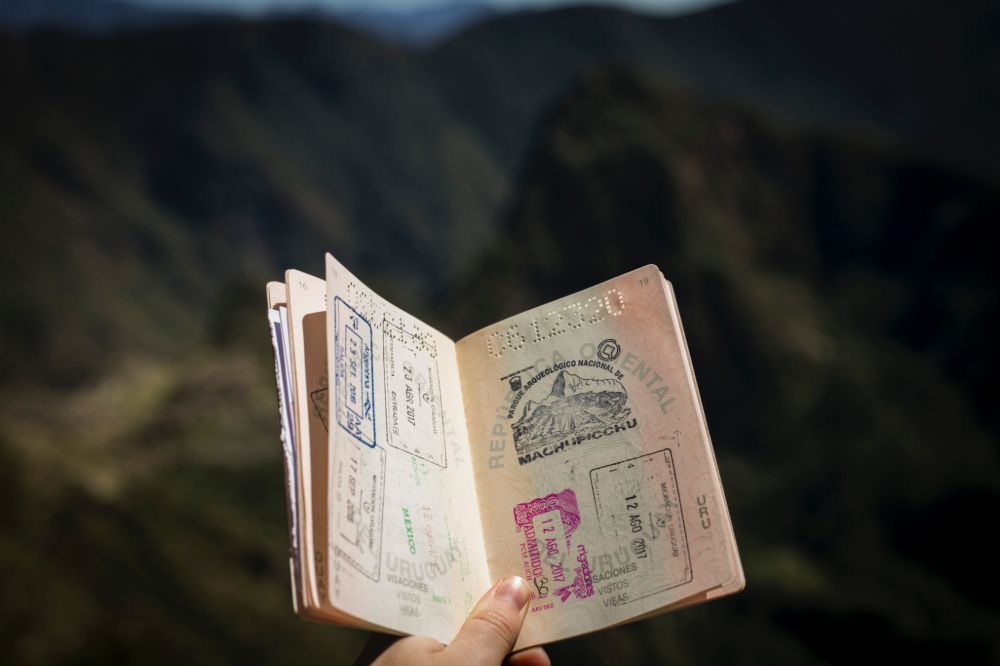 Discretionary leave – what it is, when it’s granted and what it can lead to
Discretionary leave – what it is, when it’s granted and what it can lead to
Discretionary leave (DL) to remain is the name given to the permission to stay in both asylum and non-asylum situations where the UK’s Immigration Rules do not apply. The Immigration Rules cover the vast majority of non-EEA nationals’ immigration situations; however, in exceptional cases there can be permission given to individuals who are not eligible under the Immigration Rules but have special and/or compassionate reasons that may allow them to live in the UK. Like its name states, this is at the discretion of the Home Office – they are not obliged to grant leave to remain in those circumstances but if they wish to, they can. They are given sparingly due to the fact that the Home Office is not obliged to grant all applications.
Call now to speak to an immigration expert on 0203 5245439
About discretionary leave
There is no set rule for which situations DL can be granted under – each case is assessed on its own merit, namely the exceptional circumstances of the situation, the evidence given to prove the same and the potential consequences to the applicant(s) if the leave is not granted.
The Home Office can grant DL for no more than 30 months (2 and a half years) unless there is further compelling evidence to justify an extended period of leave. They also have to ensure that an extended period of leave does not give the applicant(s) unfair advantages to settlement in comparison to those that meet the Immigration Rules.
When to consider applying for discretionary leave
DL cannot be granted when the applicant(s) qualifies for leave under the Immigration Rules or for Leave outside the Rules (LOTR) for Article 8 reasons. It also does not apply to EEA nationals or their family members where the EU free movement rights apply.
As mentioned above, there is no specific set of circumstances that call for an application for DL but generally the following categories may apply:
- Medical cases
An applicant seeking leave to remain on the basis of a serious medical condition may seek to rely on ECHR article 3 and/or article 8. The threshold to meet article 3 is extremely high – an applicant will have to show there are exceptional circumstances in their case that prevent them from returning. Precedents have shown that exceptional circumstances arise when a person is in the final stages of terminal illness without the prospect of medical care or support from friends, family or palliative care on return to their country of origin.
Caseworkers must assess whether the applicant’s medical condition has reached a stage so critical that it would amount to inhumane treatment to deprive them of the care they are receiving in the UK to send them home (unless there is care available for them upon return).
- Exceptional circumstances
An applicant may be granted DL in cases where there are further outstanding arguments to be made but also where there are no other arguments to be made, appeal rights have been exhausted and where the case is subject to removal.
- Modern slavery (including trafficking)
Victims of slavery and forced labour may be eligible for DL based on personal circumstances, helping police with their investigations and pursuing compensation as victims of human trafficking. Simply by identifying as a victim of modern slavery or trafficking will not make the individual applicable for DL; there must be exceptional and compelling reasons to justify DL where they do not qualify for other leave such as asylum or humanitarian protection.
- Criminality and exclusion from Article 1F of the refugee convention
Where there are exceptional reasons for granting DL to someone with a criminal background (who does not fall within the restricted leave policy), DL may be granted for a period of 30 months but this will depend on the circumstances of the case.
In some cases an individual may be granted only 6 months DL at a time if they are considered to pose a risk to the wider community.
Is discretionary leave restrictive on daily activities in any way?
Generally, those granted DL are allowed to claim public benefits and have no restrictions on work or higher education.
Duration of discretionary leave if granted
If granted DL, it is generally for a period of 30 months and it does not automatically entitle applicants to further leave or settlement. Extensions of DL will be granted on the merit of each renewal application and will be granted if the applicant proves their situation has not changed.
Discretionary leave and settlement
For those granted DL after 9 July 2012, they must have spent a minimum of 120 months (10 years) on DL continuously to be able to apply for settlement. This consists of 4 separate periods of leave that last for 2 and a half years each.
Applying for DL, whether it is an initial application, an extension or settlement application, can be extremely complex and requires a great deal of documents collation to put emphasis on the individual’s exceptional and compelling circumstances. Extra care should be taken since the Home Office is not legally obliged to grant each application.
How can we help?
NA Law Solicitors has a proven track record with human rights applications, especially DL applications, whether initial, extension or settlement applications. We will guide you throughout the entire process and help you navigate through what is often a tumultuous time during your life. Contact us today for a case assessment.

